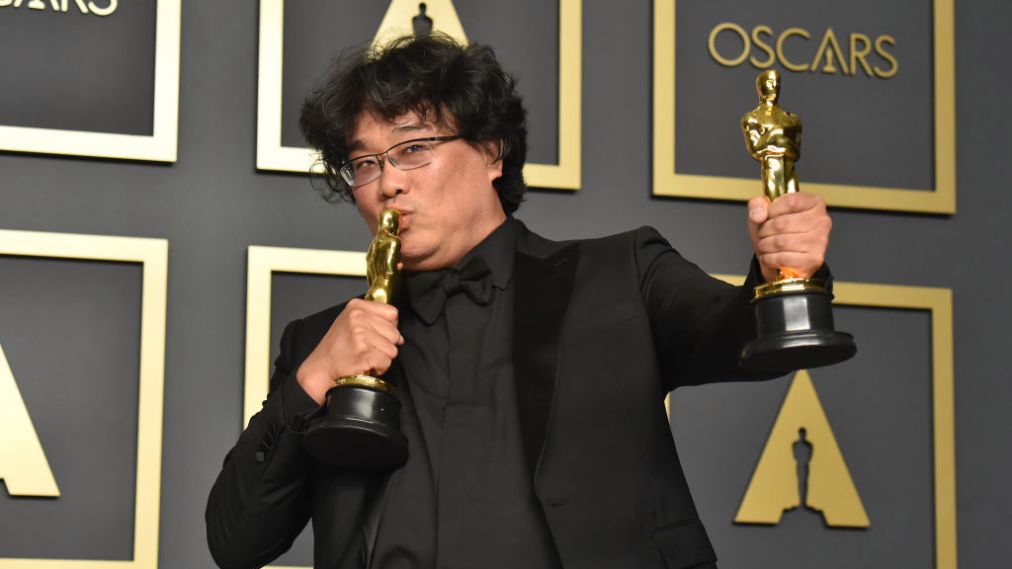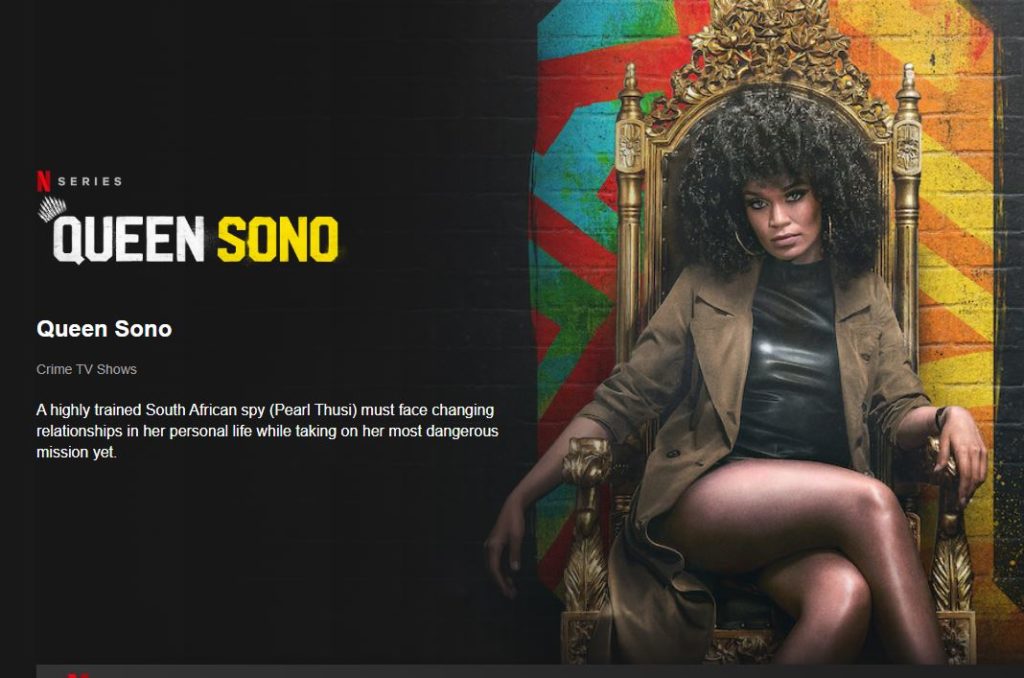Nigerian filmmaker Kunle Afolayan released his first film titled “Irapada” in 2006. But it was his 2014 film, “October 1” that gave him critical acclaim. Although the motivation of the antagonist in “October 1” is questionable, to fans it was inconsequetial for a number of reasons.
First of all, it was a thriller set in 1959. Period pieces were an uncharted territory for Nollywood filmmakers at the time so it was a big deal that Afolayan dared to. Secondly, the film checked the right boxes from a production standpoint. The set and costume designs were spot on. Thanks to Yinka Edward’s magic touch, the picture quality was topnotch. The cast was impressive and by Nollywood standards, “October 1” remains a masterpiece.
Since 2014, Afolayan has been touted as one of Nollywood’s best directors. He lived up to billing when he released another thriller titled “The CEO” in 2016.
On 30 August, Afolayan announced on Instagram that “Mokalik,” “Phone Swap,” “October 1,” ‘The Bridge,” ‘The CEO”and “The Figurine: Araromire” would be become available on Netflix from 1 September. The news created a lot of excitement. It meant that newer fans of the director could now catch-up on his older work. Sadly, having seen “Phone Swap” and “The Bridge,” it suffices to say that fans missed nothing because poor storytelling is the common thread that runs through them.
“The Bridge” stars Ademola Adedoyin as Obadare. He is a pilot who in love with a doctor named Stella Iheoma Maxwell.
Zack Orji plays Mr Maxwell, the antagonist. He portrays the Igbo culture so beautifully when he eulogises his daughter Stella in a way that only Nigerian women can appreciate. It is reminiscent of a Flavour N’abania song – which has made the musician extremely popular amongst Nigerian women irrespective of tribe. But it is incomprehensible why Stella suddenly became restless and chose to leave her fiancé (Obadare’s) village in the dead of the night. The film became even more ridiculous when it delved into the paranormal.
“The Bridge” is about inter-tribal marriage in Nigeria. Following the events of the 1960s Biafra war, some Igbos have sworn never to have ties with the Yorubas. This makes “The Bridge” an important film and one which should interest a global audience. Regrettably, Orji’s performance is the only thing that makes the film watchable.
A similar fate befalls “Phone Swap.” Apart from Edward’s beautiful cinematography and a very strong opening performance by Wole Ojo, “Phone Swap” is burdened with plot-holes.
Akin Cole (Ojo) is a vain, conceited and ambitious senior executive. He accidentally boards a flight to Owerri instead of Abuja. It could cost him the opportunity to become the company’s chief executive officer. But as the story goes, Akin loses his commonsense and ambition. However, on a lighter note, the film helps you appreciate how far Nigerian make-up artists have come.
Kunle Afolayan is also one of the few directors who was bold enough to explore threatrical and video-on-demand (DStv Boxoffice) releases early on. So, it is not surprising that he can strike a deal with Netflix. Nonetheless, some of his films on the streaming platform raise concerns as to what the selection criteria is because they just don’t cut it!
P.S. At the time of publishing this post, “The Figurine: Araromire” was not yet available on Netflix.



